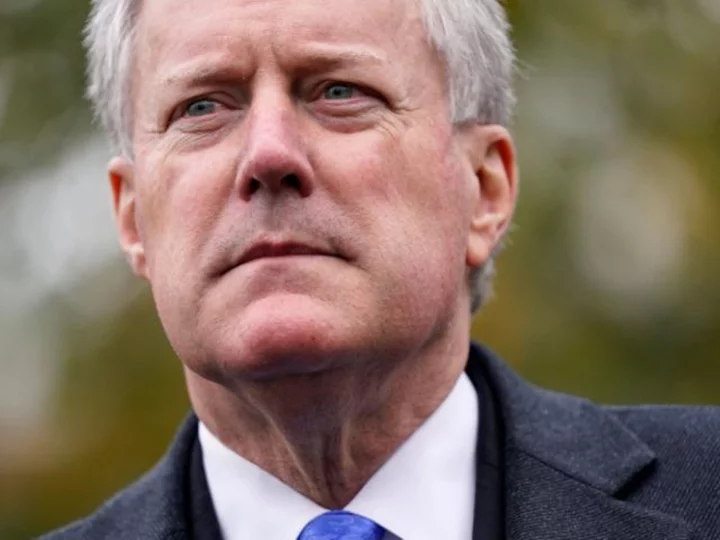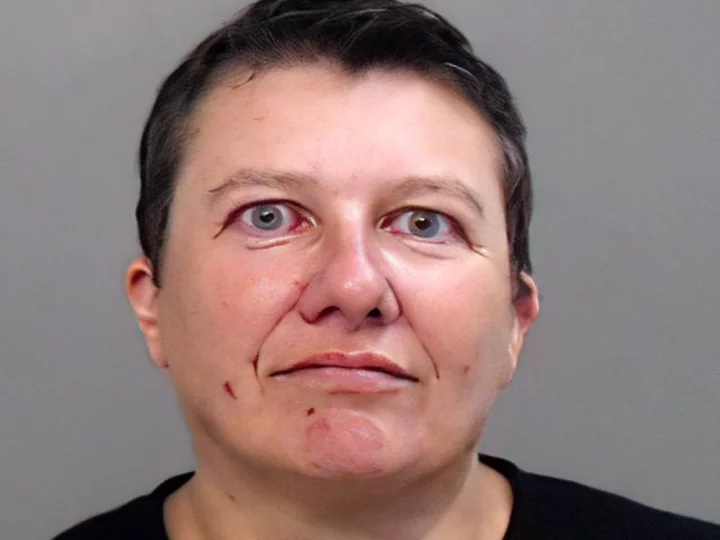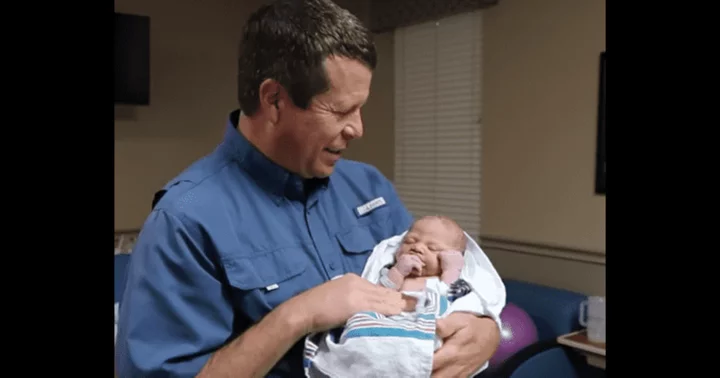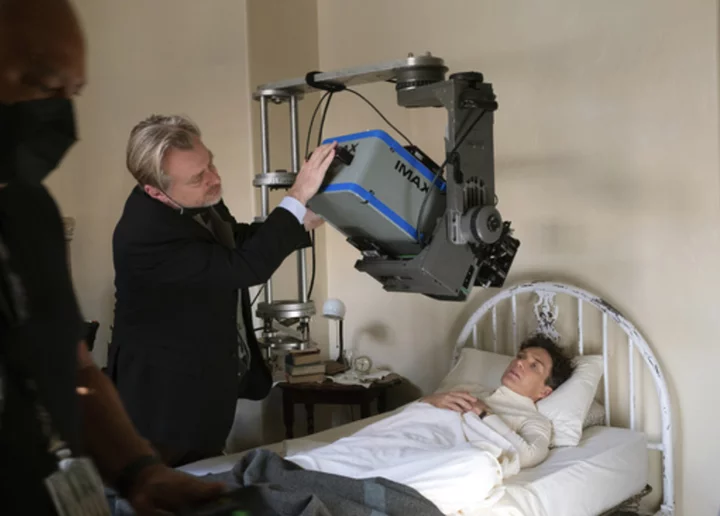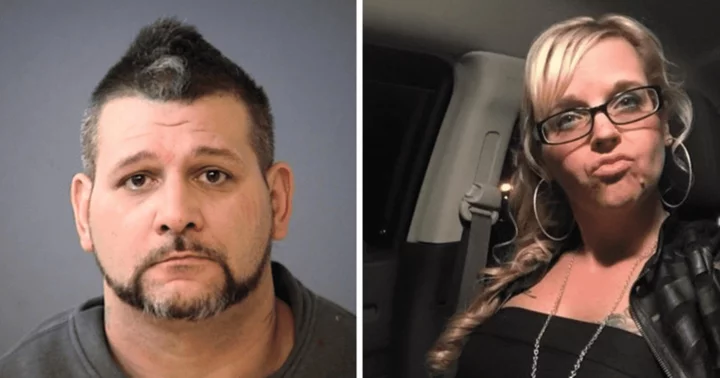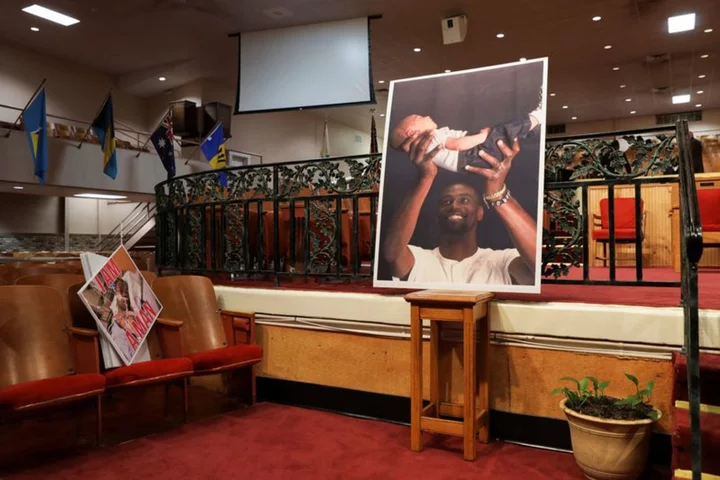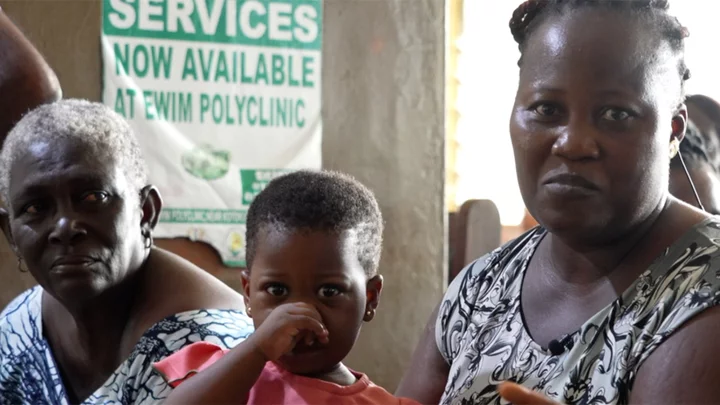Fulton County District Attorney Fani Willis told a federal court that it should not interfere in any efforts to arrest Mark Meadows if the former White House chief of staff fails to surrender by Friday's deadline to turn himself in.
In a court filing Wednesday, Willis called Meadows' request for the court's intervention "improper" and "baseless."
"It should be noted the defendant's former boss, the former president of the United States, voluntarily agreed to surrender himself to state authorities, while other defendants have already surrendered," Willis' office said.
Meadows has been charged in the district attorney's case against former President Donald Trump and 18 co-defendants over efforts to overturn the 2020 presidential election in Georgia.
She made similar arguments in a filing submitted Wednesday afternoon in response to a request by Meadows' co-defendant and former Justice Department official Jeffrey Clark, who had sought for the federal court to put on hold the entire state proceeding, including any effort to arrest of any of the 19 defendants in the case.
"Defendant Clark boldly asks this court for expeditious action when he himself has shown no urgency," Willis wrote, noting that Clark had waited a week after the indictment was handed up to turn to the federal court in Atlanta for relief.
"The defendant seeks to avoid the inconvenience and unpleasantness of being arrested or subject to the mandatory state criminal process, but provides this court no legal basis to justify those ends," Willis said in her filing in the Clark case.
Clark and Meadows are each seeking to move the state court proceedings to federal court, where they argue that the charges against them should be dismissed under a US law that gives immunity to federal agents in certain contexts.
US District Judge Steve Jones, who is presiding over both disputes, has set a hearing in the Meadows matter for Monday.
"The hardship facing the defendant is no different than any other criminal defendant charged with a crime, including his co-defendants who have either already surrendered to Fulton County Authorities or have agreed to so surrender in the time allotted by the district attorney," Willis' office said of Meadows' request to avoid being processed.
District attorney calls Clark legal theories 'unusual'
Willis took several swipes at the legal claims Clark is pushing, telling the federal court that "the theory the defendant advances could charitably be characterized as unusual."
Clark's bid to move her case to federal court is more broadly framed than Meadows,' and Clark argues that the federal court should follow the rules of federal removal in civil proceedings. Such rulings would require state court proceedings for entire case -- for all the defendants -- to automatically be paused and moved to federal court, Clark argued in court filings earlier this week.
"Because any urgency in the defendant's situation is entirely attributable to his own delay, he should not be rewarded with a stay that deprives the state of the opportunity to first oppose removal of his criminal case," Willis wrote.
Willis pushed back on his claim that the special purpose grand jury prosecutors used to investigate the election subversion was a civil entity, therefore triggering the civil rules. She submitted to the federal court a state court ruling during those proceedings that described the special grand jury as criminal in nature.
"The pending indictment against defendant is exclusively criminal," she wrote.
"As inconvenient as modern air travel can admittedly be, whatever nuisance involved in the defendant securing a flight to Atlanta within the window provided is self-evidently insufficient justification to invoke this court's authority to enjoin a state felony criminal prosecution," Willis continued.

